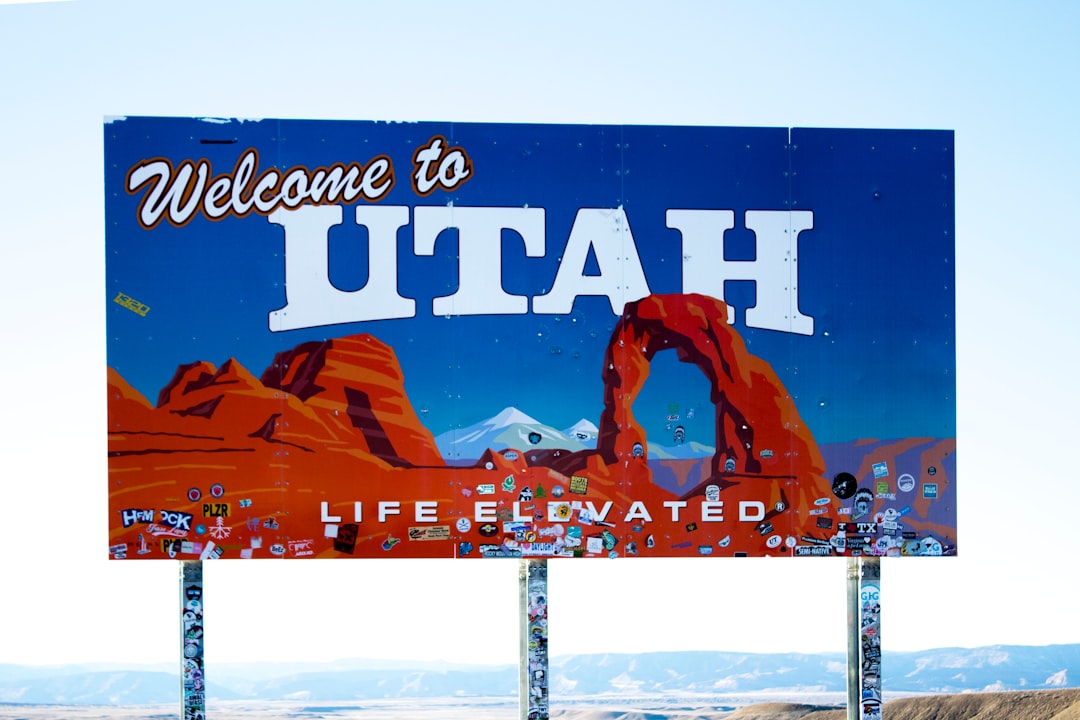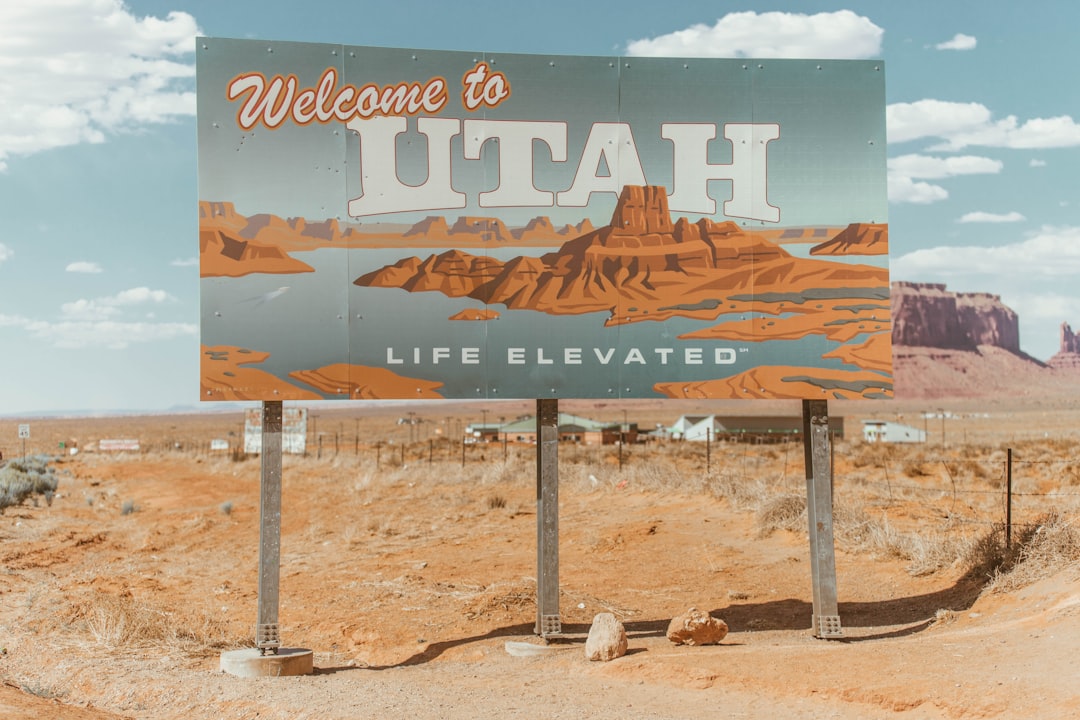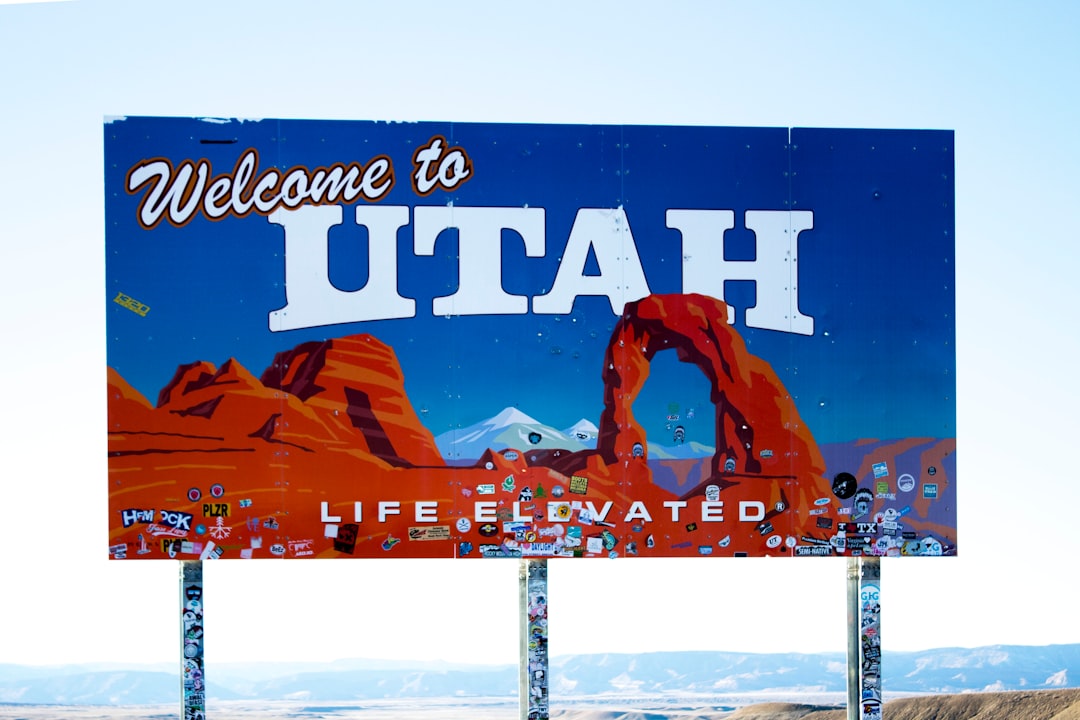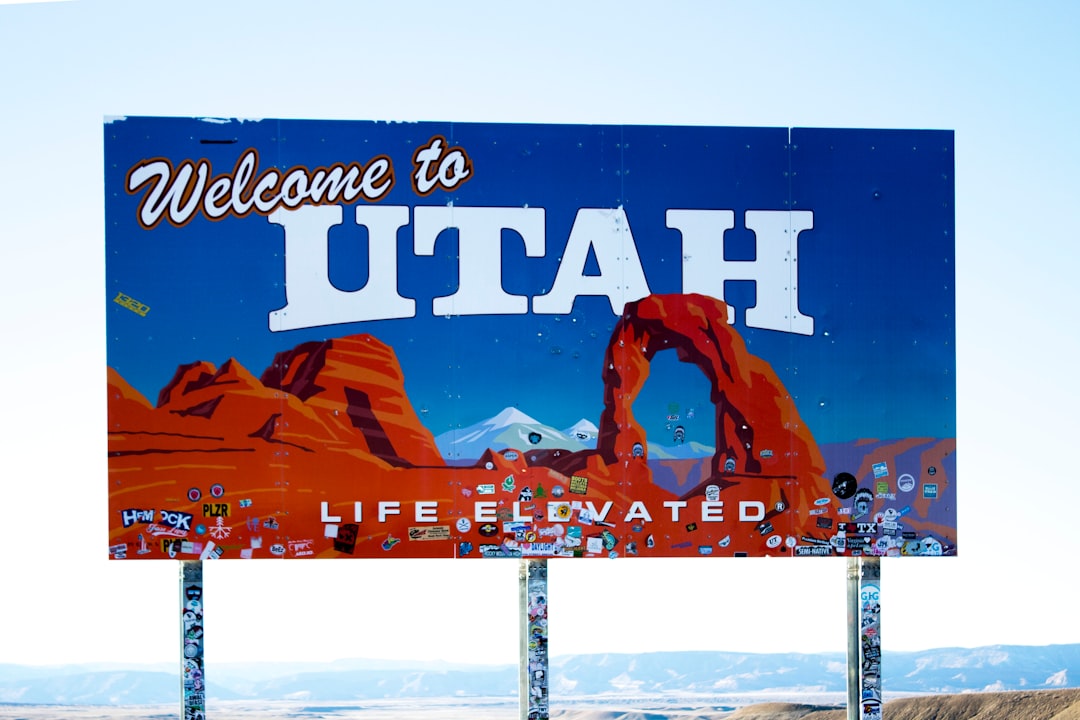In Utah, the Do Not Call List (DNC) is a powerful tool to curb unwanted telemarketing calls. Maintained by the Utah Department of Commerce, it offers significant fines for businesses violating these regulations. Businesses must implement opt-out mechanisms and train representatives to avoid damaging brand reputation. Consumers frustrated by persistent calls can consult with a Do not call lawyer Utah or privacy law attorney and register on national lists. Strict Do Not Call laws enforced by the FTC and state attorneys general require explicit consumer consent, with penalties for non-compliance. Businesses and consumers alike are protected by these regulations, and guidance can be sought from reputable do not call lawyers or law firms Utah.
In Utah, navigating telemarketing regulations is crucial to avoid legal pitfalls and protect consumer rights. This article guides businesses and individuals on common issues surrounding telemarketing practices, with a focus on understanding the state’s strict ‘Do Not Call’ lists and associated laws. We’ll explore typical missteps and offer strategies to prevent them, highlighting the impact of unwanted calls on consumer behavior. Additionally, we provide insights into legal protections for both businesses and consumers, emphasizing the importance of seeking counsel from a reputable Do not call lawyer Utah or do not call attorney Utah to ensure compliance.
Understanding the Do Not Call Lists and Regulations in Utah

In Utah, the Do Not Call List (DNC) is a powerful tool designed to protect residents from unwanted telemarketing calls. This list is maintained by the Utah Department of Commerce and allows individuals to opt-out of receiving marketing phone calls. It’s crucial for businesses and telemarketers to understand these regulations to avoid legal repercussions. Any call made to numbers on the DNC list without prior consent can lead to significant fines, making it a critical aspect to consider when planning any telemarketing campaign in Utah.
For those seeking relief from persistent telemarketing calls, consulting with a Do not call lawyer Utah or an attorney specializing in privacy law is advisable. These legal professionals can guide individuals on how to register their numbers, understand their rights, and take necessary actions against violators. Moreover, businesses should ensure they have the proper opt-out mechanisms in place at their law firm Utah to respect consumer choices and stay compliant with state regulations regarding do not call attorneys Utah.
Common Telemarketing Missteps and How to Avoid Them

Telemarketing, while a powerful tool for businesses, can often fall victim to several common missteps that lead to poor customer experiences and potential legal issues in Utah. One of the most significant mistakes is failing to respect consumer privacy and the “Do Not Call” registries. Many Utah residents have registered with these lists to avoid unwanted calls from law firms or attorneys. Businesses must ensure they obtain proper consent before calling and understand the legal implications of violating these regulations, which can result in substantial fines.
Another avoidable pitfall is the lack of personalization and relevance in marketing messages. Generalized scripts may seem efficient, but they often fail to connect with potential clients. Customizing calls to address specific needs or pain points increases engagement. Moreover, telemarketers should be well-trained on their company’s services and able to answer questions convincingly. Poorly prepared representatives can damage the brand’s reputation. Always ensure your team is knowledgeable and enthusiastic about the legal services offered, especially when representing a “Do Not Call” law firm in Utah.
The Impact of Unwanted Calls on Consumer Behavior

The proliferation of telemarketing calls, especially those from unknown or unsolicited sources, has significantly influenced consumer behavior in Utah and across the nation. Many residents find themselves bombarded with phone calls promoting various products, services, or legal offers, often from law firms or individual attorneys advertising their services via automated systems or live agents. This deluge of unwanted calls can lead to a profound impact on how consumers perceive and engage with telemarketers and, by extension, the legal sector.
Consumers in Utah have expressed growing frustration with these relentless calls, prompting many to register on national “Do Not Call” lists or seek legal recourse against persistent telemarketers. The presence of such unwanted communication can foster a negative perception of law firms and attorneys, as legitimate legal services are often lumped together with aggressive telemarketing practices. This shift in consumer behavior can affect the way law firms conduct their business, pushing them to adapt their marketing strategies to focus on targeted, consent-based communication, including personalized outreach and digital marketing channels that respect consumer preferences.
Legal Considerations and Protections for Businesses and Consumers

In Utah, telemarketing practices are regulated to protect both businesses and consumers from unfair or deceptive acts. The Do Not Call laws, enforced by the Federal Trade Commission (FTC) and state attorneys general, restrict when and how businesses can contact consumers by phone for marketing purposes. Businesses must obtain explicit consent before making telemarketing calls, and consumers have the right to register their numbers on national Do Not Call registries. Failure to comply with these regulations can result in significant fines, impacting both Utah-based and out-of-state companies.
For businesses operating in Utah, it’s crucial to understand that state laws complement federal guidelines. Engaging a reputable do not call lawyer or consulting with an attorney specializing in telemarketing is wise to ensure compliance. Such legal professionals can guide businesses on crafting effective consent mechanisms, managing consumer complaints, and navigating the complex landscape of privacy laws. Consumers, too, have recourse if they believe their rights have been violated; they can file complaints with the Utah Attorney General’s Office or seek counsel from a local law firm specializing in consumer protection.






